- Details
- Written by Jeremy Stanley
- Category: Forex news
- Hits: 4312
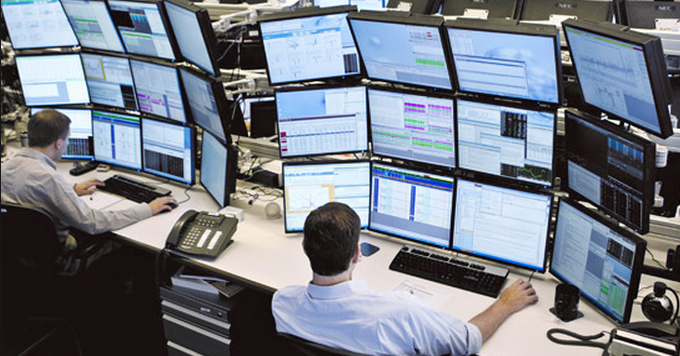
The statement made by member of the European Central Bank Governing Council Ardo Hansson, insured that the regulator will continue to widen expansionary actions and reduce deposits’ interest rates up to the negative rates, had almost no effect on the foreign-exchange markets. Thus, the policy of gradual currency quantitative easing made by central banks will last for a long time.
- Details
- Written by Jeremy Stanley
- Category: Forex news
- Hits: 4510
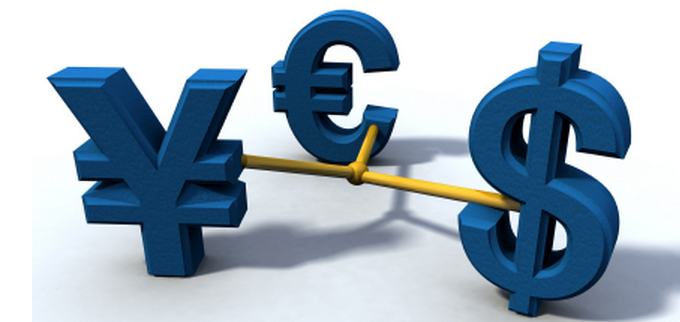
The future prospects of the monetary policy of the FRS have been the main topic for discussion during the last few months. The final volume of the last program of quantitative easing could cost about $ 1.5 trillion. These figures are provided by Charles Evans, the head of the Federal Reserve Bank of Chicago. Evans has been supporting soft policy during the operation of all QE programs.
In turn, Janet Yellen, a main candidate for the position of the Head of the FRS, also continues to argue supporting the continuation of obligation redemption at the same volume. In her opinion, these measures stimulate growth and help to solve the problems which exist in the labor market. Ben Bernanke, the current Chairman of the FRS said that he totally agreed with Yellen on issues concerning monetary policy.
- Details
- Written by Jeremy Stanley
- Category: Forex news
- Hits: 4541
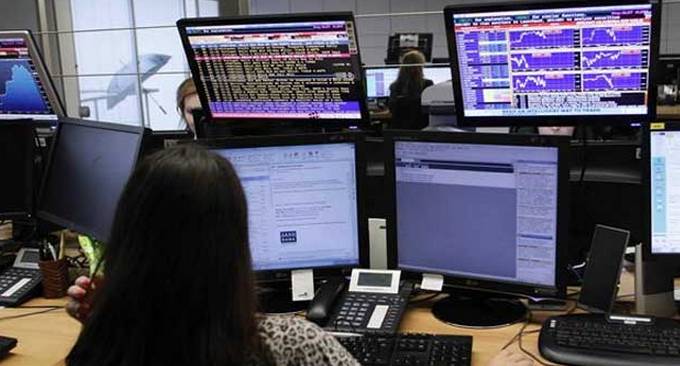
Expectations of an early onset of decline in the volume of quantitative easing, perhaps, cause the most heated discussion in recent times. The most popular expert positions that involve small decline in redemption in the coming months. In keeping with the current version of the policy as a lot of supporters. But here's the experts who believe that the FED should expand incentives, can be seen not so often.
- Details
- Written by Jeremy Stanley
- Category: Forex news
- Hits: 4524
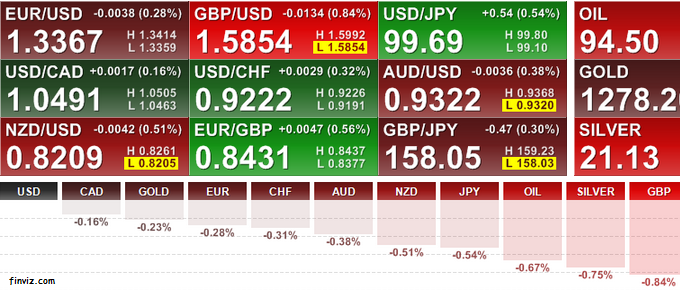
The first day of the week in the foreign exchange market was at low revs. Players will need some breathing space before continuing the game to improve the dollar. Despite this sharp plunge of the single European currency at the end of last week, adequate correction of this movement is still not there. This may indicate that the euro at current levels isn't interesting for the customers and a more or less solid demand is much lower. All this can provoke continued strengthening of the dollar. This week will not be particularly any significant news, so the major currency pairs can be at the mercy of speculators.
- Details
- Written by Jeremy Stanley
- Category: Forex news
- Hits: 6222
The second half of the previous trading week saw a sharp surge in the foreign exchange market quotations. The main reason for this increase was an unexpected increase in the volatility of interest rates the ECB. As a result, investors have arranged the sale of a real European currency across the front.
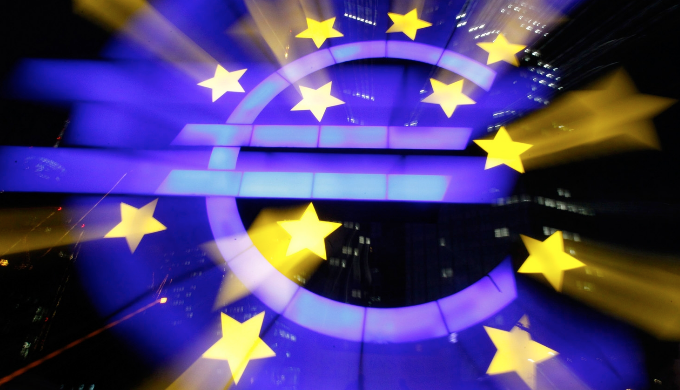
But the next day volatility subsided considerably, and currency pairs entered the phase of a narrow consolidation. Euro ended the week at 1.3360, while the British pound at around 1.60 . It should also be noted that the data on the U.S. labor market were quite positive. This can help to ensure that the FED will go to reduce the quantitative easing program in December of this year.
- Details
- Written by Jeremy Stanley
- Category: Forex news
- Hits: 4422

In the second half of the week the European Central Bank gave a surprise to market participants. The next meeting of the ECB, according to most experts, was to be held in a peaceful manner, without any indication of change in the current course. But the regulator still decided not to delay efforts to maintain liquidity.
- Details
- Written by Jeremy Stanley
- Category: Forex news
- Hits: 3959

In Wednesday trading on the FOREX roar brightened somewhat sluggish compared to the beginning of the week. Today will be published decisions on interest rates the ECB and the Bank of England. The growth of the single European currency is a problem for the euro area economy. Resolve this situation can only be through monetary easing policy.
- Details
- Written by Jeremy Stanley
- Category: Forex news
- Hits: 4569
Current news background isn't able to cause any significant change quotes on major currency pairs in the market FOREX. The head of the Federal Reserve Banks continue to take turns to express their views on the current situation in the U.S. economy and a bit pampered analysts forecasts.

According to Jeffrey Lacker, occupying the post of Reserve Bank of Richmond, in the future, the U.S. economy will continue to grow at the same rate, what she progressed in this. Thus, the basic outlook - this is an increase of 2 %. Compelling reason to re-evaluate this projection isn't.
- Details
- Written by Jeremy Stanley
- Category: Forex news
- Hits: 4912
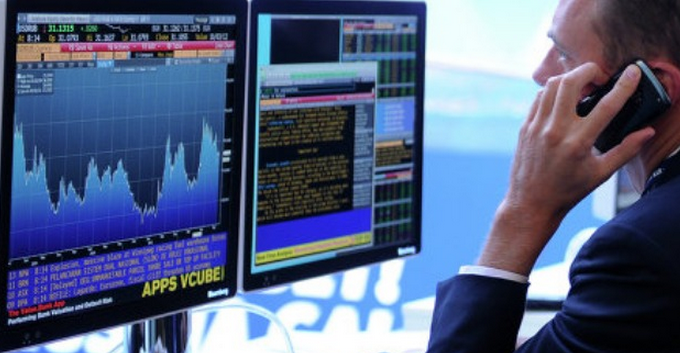
On Tuesday the majors demonstrate calm lateral movement. After a stormy end of last week, players can not yet determine the further short-term vector. Evident is the fact that the dollar will continue to strengthen in the near future. In the financial environment goes a lot of talk about deceived in the capital markets and real estate.
- Details
- Written by Jeremy Stanley
- Category: Forex news
- Hits: 4418

The last days of the last trading week passed in a minor key for the European currency. Quotes pair lost about three figures. The main reason for such a negative attitude to the euro were statements by the ECB, which was clearly stated on the future measures to increase liquidity support program controller.
- Details
- Written by Jeremy Stanley
- Category: Forex news
- Hits: 4520
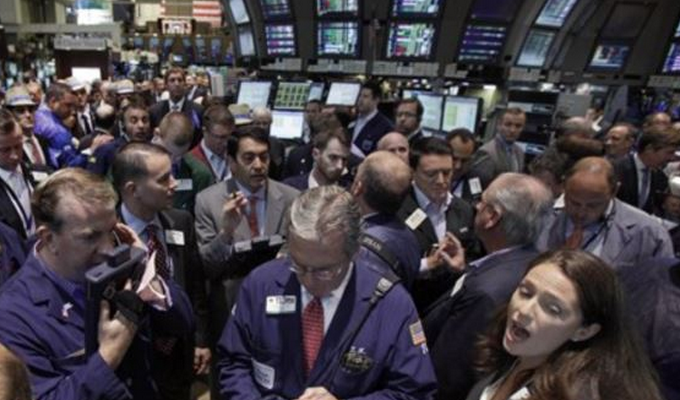
A strong decline ended yesterday's trading session for the single European currency. Triggers this movement were disappointing macroeconomic statistics, as well as the application of one of the representatives of the ECB, in which he made it clear that the central bank intends to increase incentives. The reason for the expansion of measures to support liquidity may be the fact that, despite some improvement in the economy of the euro area, the process of recovery is still is unsustainable. Investors' reaction was not long in coming, and in the coming hours quotes European currency came under severe pressure.
- Details
- Written by Jeremy Stanley
- Category: Forex news
- Hits: 4459

The next FED meeting, which took place on Wednesday 30 October, did not bring any new information. Participants expect any concrete actions and statements with respect to monetary policy, but FED officials still prefer to take a neutral position. According to the study, there has been quite moderate growth in economic activity. Despite the fact that the current unemployment rate is higher than the values of comfort, a number of labor market indicators show some improvement.
- Details
- Written by Jeremy Stanley
- Category: Forex news
- Hits: 4183
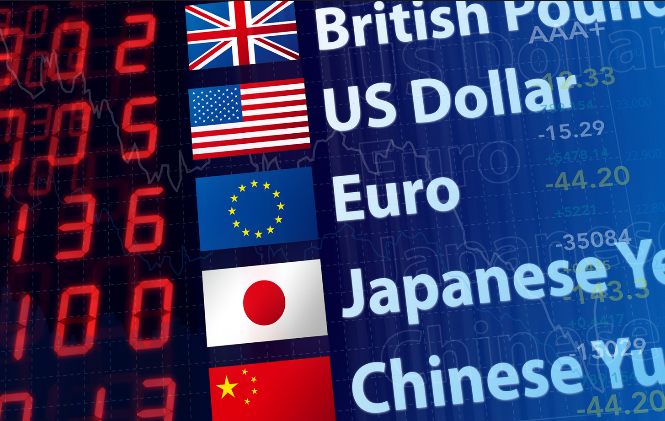
Yesterday it was reported that U.S. retail sales showed an increase of 0.4 %, after a barely perceptible increase in August by 0.1 %. This trend was expected by many economists polled by Bloomberg. But wholesale prices showed a decline, despite an increase in the previous month. Investors are now keeping a close eye out for any deviations in the trends of macroeconomic statistics, since the FED's decision will directly depend on the current state of affairs in the economy.
- Details
- Written by Jeremy Stanley
- Category: Forex news
- Hits: 4397
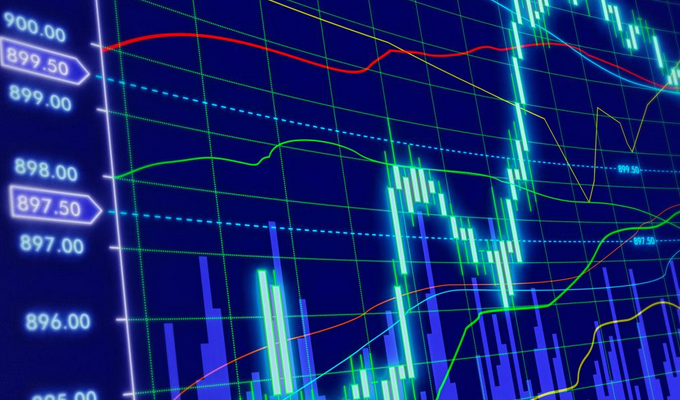
Trading on the foreign exchange markets on Tuesday held with moderate activity. Chief Financial Institute of India today raised the benchmark interest rate. This development was expected, as the fit into the framework of the program of measures to combat inflation. It should be noted that the prices of goods in India continue to grow quite rapidly, despite clear signs of a slowdown in economic growth in the country.
- Details
- Written by Jeremy Stanley
- Category: Forex news
- Hits: 4391
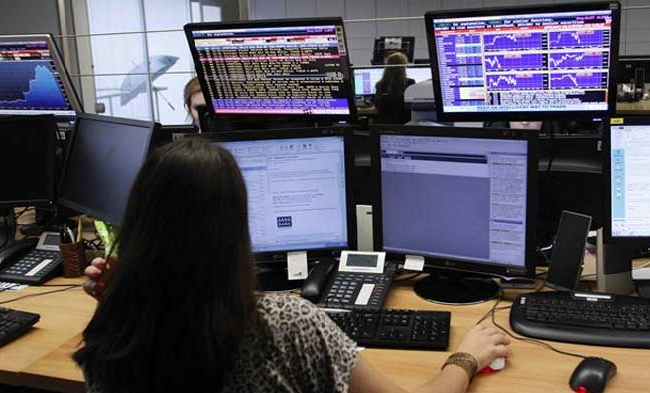
At the end of the last trading week of any sharp currency fluctuations were observed. On the contrary, sometimes the volatility has continued to decline. This may be due to the fact that the FED is nearing a regular meeting, which is scheduled for Wednesday of this week, and because of this fact, most players prefer to avoid action. As always, market participants expect the representatives of the U.S. monetary authorities of any specific allegations to determine the medium-term vector. If the FOMC accompanying statement will not contain abstracts that can provide support to the U.S. currency, it's quite possible that we will face a wave of sales for a dollar.
- Details
- Written by Jeremy Stanley
- Category: Forex news
- Hits: 4110

If we try to understand the root causes of such a negative attitude to the U.S. market, the first thing comes to mind is just the fact that in recent months, markets have experienced some disappointment about the prospects for the U.S. currency. This was due, primarily, to the fact that the first monetary authorities of the United States announced the imminent start of the collapse of incentives, and then adjusted their strategy. At this point, some experts believe that such a confident vector bearish on the dollar and the simultaneous increase of risky assets around the world only show that investors are increasingly looking to continue the injection of liquidity by the Federal Reserve.
- Details
- Written by Jeremy Stanley
- Category: Forex news
- Hits: 4813

Autumn dynamics in the currency markets continues to impress investors. Just recently, traders, asset managers and analysts of leading investment houses competed in the rewriting of potential targets for major currency pairs against the dollar. But now the situation unfolds dramatically in the opposite direction. The reasons for such a change of the medium-term, and possibly long-term vector for a dollar there are several. Mostly, they are fundamental. But in the current review, we will not deal with the fundamental things and interpretations of economic trends. Below a look at the technical picture for the euro and the pound.
- Details
- Written by Jeremy Stanley
- Category: Forex news
- Hits: 4234
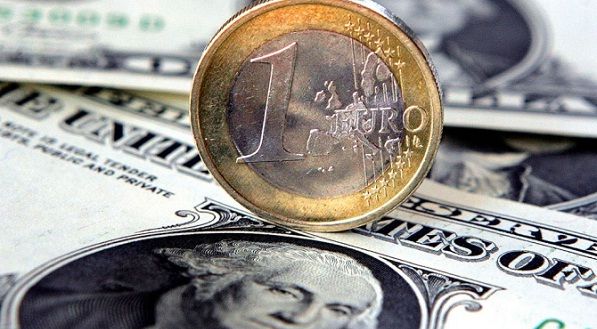
During the trading day on Tuesday, there is a strong movement in most currency pairs. The main driver of the movement began to macroeconomic data from the U.S. . Most of the indicators had a negative trend, which led to the growth of major currencies against the U.S. dollar. Today, many currencies went into a correction, and much cheaper, the dollar recovered slightly after yesterday's sharp decline.
- Details
- Written by Jeremy Stanley
- Category: Forex news
- Hits: 3926

Beginning of the week for the dollar was marked by losses on all fronts. Labour market data are somewhat disappointing investors in U.S. currency, and the subsequent publication of the report led to a balanced position correctional of the dollar against major competitors. Prior to the September meeting of the FED, there is very little time. There is a substantial likelihood that an update of local maxima players do not dare to specific statements from representatives of the U.S. central bank.
- Details
- Written by Jeremy Stanley
- Category: Forex news
- Hits: 4029
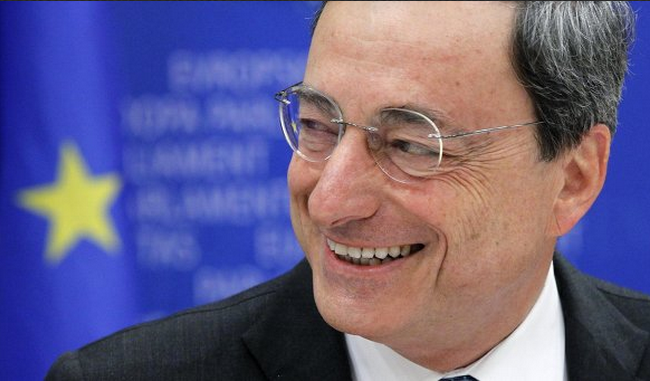
All the attention of bidders in the FOREX market on Thursday was focused on the publication of the results of the ECB. Results of the meeting led to a resumption of sales of European currencies. The ECB has kept interest rates at minimum values, and the head of the central bank said that intends to continue to adhere to this policy. The nuances of the players and heard comments from Mario Draghi at a press conference held after the meeting of the central bank in the Eurozone. Trichet said that the positive trend of indicators that confirm some improvement in the economic situation in the euro area, can not currently be a help for the revision of monetary policy in the direction of tightening. Economic growth rates are still low, and there is also the problem of unemployment.
- Details
- Written by Jeremy Stanley
- Category: Forex news
- Hits: 4213

As has been mentioned, in September in the financial markets expected - high volatility. This is due to the situation in Syria, the Fed meeting, the next issue of the U.S. debt. Market participants return from holidays, seasonal factors cease to influence the quotes and the currency markets with market makers are gradually coming volumes. As a rule, the markets are trying to advance in prices lay the probability of certain events. Current early fall - is no exception. In anticipation of the key battles of the participants are trying to act now. After the Foreign Affairs Committee of the United States adopted a draft resolution approving strikes against Syria, the probability of a storm on markets in financial assets has increased substantially. At this point of the draft resolution would have the whole Senate vote. It will be next week, as long as the players again will shift attention to economic factors.
- Details
- Written by Jeremy Stanley
- Category: Forex news
- Hits: 3886
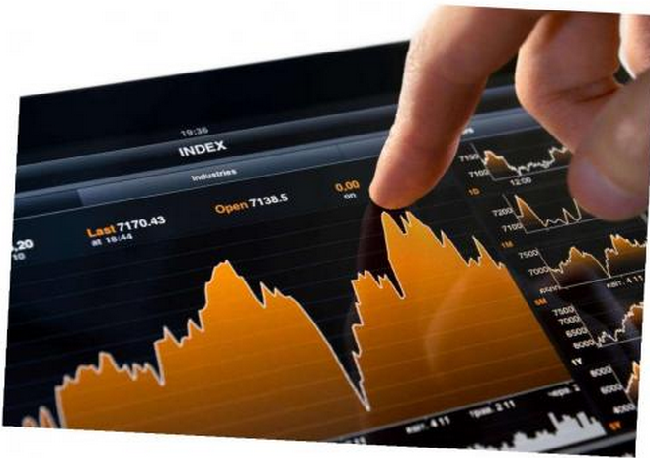
Yesterday the Russian tracking system recorded the launch of some ballistic objects. This information will be immediately affected by the financial markets. Short-term demand for the dollar was strong, and the stock markets have experienced selling pressure. The entire financial world is in suspense, waiting for the development of the Syrian conflict. Robert Menendez, who served as chairman of the Foreign Affairs Committee of the Senate of the United States at the beginning of the hearing of the Senate said he supported the initiative of the President of the country to strike at Syria. The main argument Menendez was a deep conviction that it is necessary to show the world that the United States does not intend to keep a hand with the use of weapons of mass destruction. It should be noted that the leaders of both houses of Congress supported the decision of the president.
- Details
- Written by Jeremy Stanley
- Category: Forex news
- Hits: 4028

In currency trading on Tuesday, the European single currency continues to lose weight. Apparently, the purpose of the players on the reduction of the euro is a mark of 1.2750 . Market returns military history. U.S. forces and their allies can begin to aggressive action on Wednesday, French President Francois Hollande. In contrast to other countries, France is inclined to consider participating in strikes against Syria. The development of military conflict will result in an increase in instability and volatility in the financial markets. Make any definite and clear predictions in these situations is pointless.
- Details
- Written by Jeremy Stanley
- Category: Forex news
- Hits: 3973
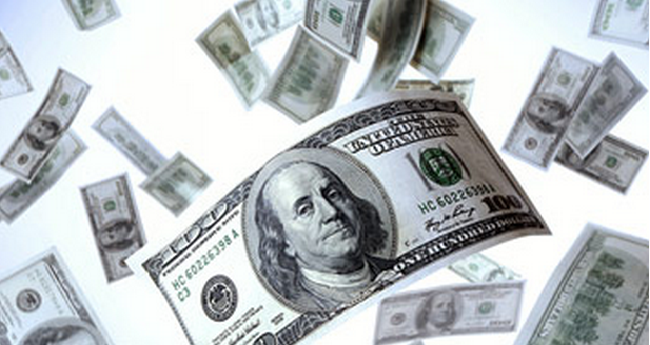
The past week was marked by the strengthening of the U.S. currency. Bearish on the dollar had to surrender their positions. This demand for the U.S. currency may be caused by the expectations of the September meeting of the Federal Reserve, as well as positive data on the U.S. economy. Today, in the states of the output for the occasion. In this regard, the currency market players will be focused on the data from Europe. On the strong volatility on Monday should not count.
- Details
- Written by Jeremy Stanley
- Category: Forex news
- Hits: 4021

On Thursday, the British Parliament was voting on the situation in Syria. With a small margin of 13 votes, the procedure is concluded in favor of the opponents of the outbreak of hostilities. The Prime Minister said the UK would not go to the aggressive actions against Syria as long as the decision is not supported by a majority in the UN Security Council. In general, the stress of the situation in the East gradually subsides. But despite a lull in the development of military conflict, at any time can whip up a new hotbed of hostilities. In this regard, the markets continue to trade with increased volatility.
- Details
- Written by Jeremy Stanley
- Category: Forex news
- Hits: 4227
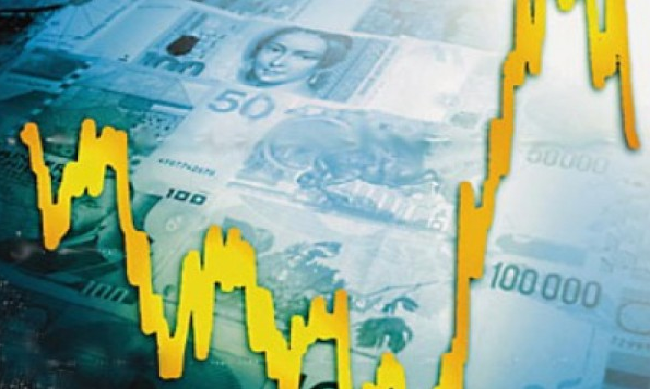
The situation in Syria is developing a negative scenario. Waiting for the full-scale war involving neighboring countries encouraged investors to go into quality. The sale of risky assets around the world is not yet crossed the brink of a panic, but it can occur in the near future. In this case, we can see a sharp increase in demand for the U.S. currency.
- Details
- Written by Jeremy Stanley
- Category: Forex news
- Hits: 3959

The last days of the euro is in a narrow channel. In yesterday's trading session was marked by an attempt to test the lower levels, but it did not succeed, and quotes the euro back to 1.3380 zone. Volatility in the major currency pairs continues to be low. In connection with the development of the military conflict in Syria the attention of major players in the financial markets has shifted to assets such as gold and oil. European stock indexes closed yesterday in a deep red. But despite the increased activity in the commodity and stock markets, the dollar index is in no hurry to develop any directional movement.
- Details
- Written by Jeremy Stanley
- Category: Forex news
- Hits: 3806

Around the forthcoming appointment of a new head of the FED goes a lot of talk. Analysts almost unanimously repeat of only one favorite, his name is Larry Summers. Summers can make competition unless Janet Yellen, currently occupies the post of deputy chairman of the Federal Reserve. The fact that President Barack Obama will nominate Larry Summers to lead the main financial institution of the country, there are fewer doubts. But, nevertheless, it should be noted that not all members of Congress support the Obama initiative. Some politicians are quite negative view of this personnel decision. This is due mainly to the fact that during his tenure as finance minister Summers held this year in which the interests of Wall Street were taken into account in the least.
- Details
- Written by Jeremy Stanley
- Category: Forex news
- Hits: 4013
Friday's trading session ended on a minor for a dollar note. Quiet start of the last trading day of last week, did not presage such a rapid closure. In the U.S. session quotes euro and the pound rushed to their local maxima. If released last week showed the Euro zone economy were within expectations,macroeconomic indicators of the British economy slightly pleased investors. Therefore, the pair EUR/USD hit 1.3410 and quotes GBP/USD close to 1.56 .

The situation with the major currency pairs is the same. To the key FED meeting in September, the probability that the market might try to go beyond the medium-term channel is very low. Hurry up with the occupation of positions in such circumstances, it's not necessary, and would be preferable to wait for a signal about the future direction of the movement of the market itself.
- Details
- Written by Jeremy Stanley
- Category: Forex news
- Hits: 4524
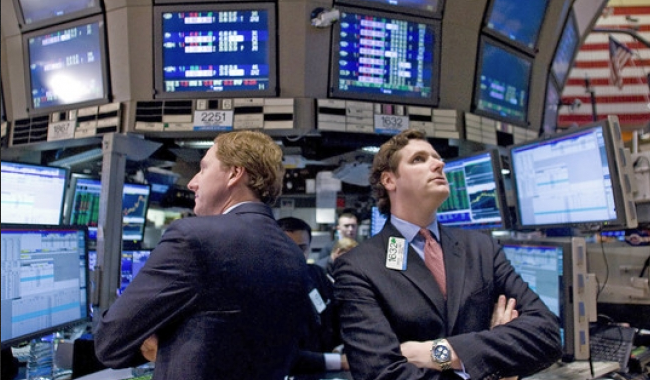
This week the foreign exchange market is completed without any significant change in prices. The participants have not decided on the motion vector of the medium-term. Minutes of FOMC was able to provide some support for the U.S. currency and, most of all, the demand for the dollar will continue in the beginning of next week. Good data from Europe and China encourage investors to expand the limits on risky assets. Indiscriminate rush in this direction is not observed, as to the key, experts say, the FED's September meeting to make any mid-term and long-term strategy is risky.



